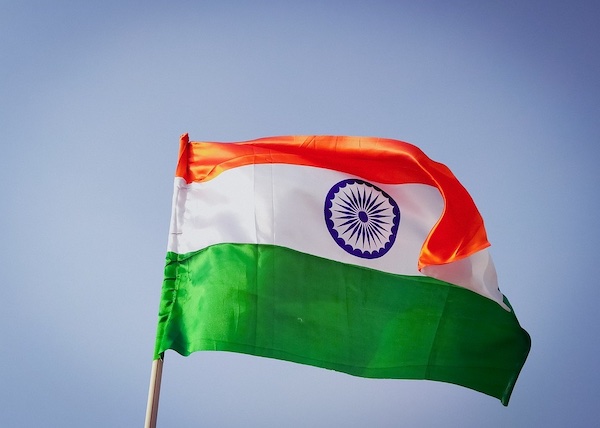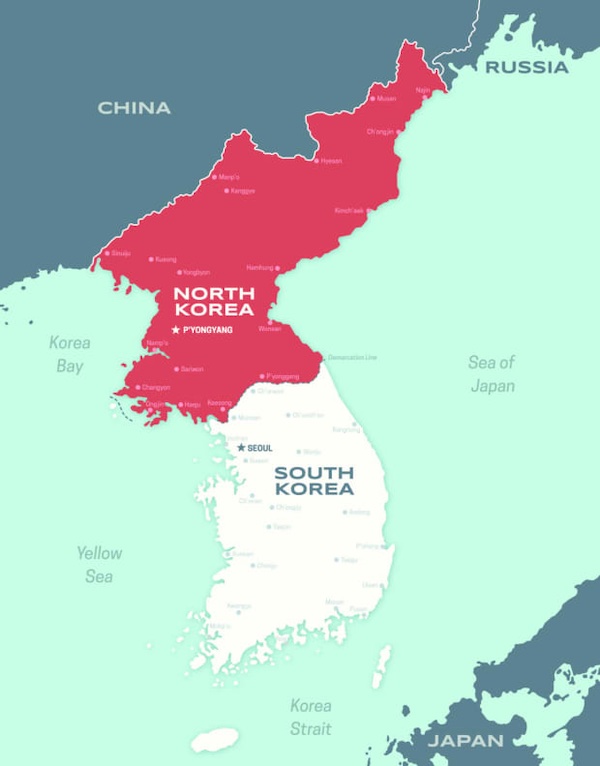August 15th: A loaded day


In India, today is a national holiday in India that marks its independence from the United Kingdom. On August 15, 1947 — 74 years ago — the provisions of the Indian Independence Act came into effect, officially ending 300 years of British occupation.
On that same day, August 15, 1947, the Partition of India took place, dividing the former British India into two independent dominions of India, with a Hindu majority, and Pakistan, with its Muslim majority. Drawing new borders where none previously existed is a messy business, and this was no exception, as 15 million people were displaced, 1 million were killed, and communities that lived side by side for 1,000 years started killing each other in humankind’s oldest sport: “What team do you play for?”


Two years prior to India’s independence and partition — August 15, 1945 — was the day when Korea was liberated from Japanese colonial rule, which had been going on since 1910.
Today, in South Korea, it’s 광복절 (Gwangbokjeol), which literally translates as “The day the light returned”. It’s also a big day in North Korea, where it’s taken on the unsurprisingly dour name 조국해방의 날 (Chogukhaebangŭi nal), which means “Liberation of the Fatherland Day”.
50 years ago today, on August 15, 1971, then-president Richard Nixon announced a new economic policy, whose measures collectively became known as the Nixon Shock.
In a televised announcement that meant interrupting the popular TV show Bonanza, he effectively announced that the connection between the U.S. dollar and gold was to be broken. The way in which he made the announcement might seem kind of odd to the modern-day viewer; by today’s standards, his announcement looks like a dry reading recorded in a YouTuber conspiracy theorist’s basement and not the bombshell that it actually was:
The money line (pun intended) in his announcement was that the U.S. would — and I quote:
“…suspend temporarily the convertibility of the dollar into gold.”
50 years is still not forever, so technically the “temporarily” qualifier still applies. Temporary or not, the effects of the disconnection between the dollar and gold — the creation of what cryptocurrency people like to refer to as fiat currency (currency that governments issue by fiat, and are not backed by a commodity, such as gold) — have had massive effects on the way the world works today.
I have only a vague notion of Bretton Woods, and international monetary policy, and most of what I know about modern monetary theory comes from the “sink metaphor”. To better my understanding, I’ve put some books on my reading list including this one:
If you’ve been watching the Food Network for some time, the name of the author, Jeffrey Garten, may seem familiar. The author photo may clinch it for you:
That’s right, he’s the Barefoot Contessa’s husband! When he’s not making cameo appearances on her show, he’s kept himself doing money-related things such as being Dean of the Yale School of Management, Undersecretary of Commerce during the Clinton administration and doing other government work during the Carter, Ford, and Nixon administrations, and managing director at Lehman Brothers and Blackstone Group.
Recent Posts
A reminder for April Fools’ Day
Have a good April Fools’ Day tomorrow, but be mindful about your pranking.
How NOT to sell a computer
As I’ve written before, I sometimes browse Facebook Marketplace for nothing more than pure entertainment,…
Happy 10th anniversary, Anitra!
Ten years ago today, this happened: And since that day, it’s been an adventure. Thank…
Last Sunday’s accordion gig in Bonita Springs
It’s been over a year since I’ve played with Tom Hood’s band, the Tropical Sons.…
My plans for Burns Night 2025
Here’s the main course for dinner tonight... ...and that’s because it’s January 25th today, making…
